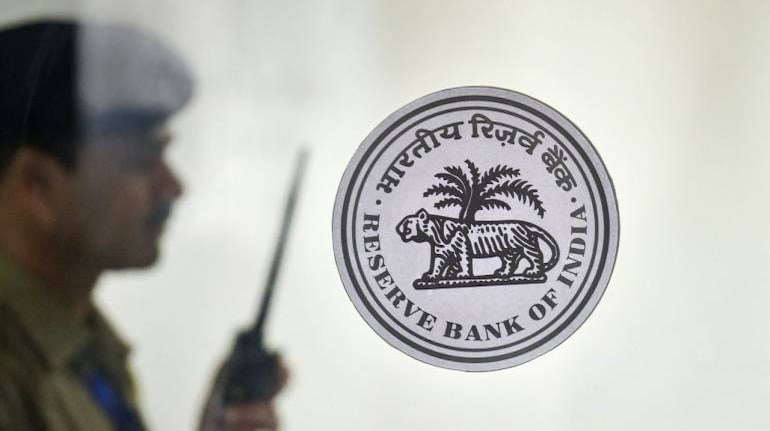



The Reserve Bank of India (RBI) has engaged members of the Indian cricket team, some of who also happen to be on its roll, for TV commercials on financial literacy. In one such advertisement, wicket-keeper batsman KL Rahul talks about the role of banking ombudsman in resolving complaints from customers and compares it to that of the “third umpire” in cricket.
Not a bad comparison on the face of it. However, the big difference is that unlike the third umpire, who has the wherewithal to go back to the event of dispute, the banking ombudsman has no means to independently verify whatever has happened. The ombudsman has to go back to the ‘umpire’ on the ground, who, in this case is the bank in question and, is inherently one of the parties to the dispute. At least in reference to the particular complaint the bank’s neutrality is open to question since it has already taken a position.
Recently, a Bengaluru techie was shocked to hear from a member of the Standard Chartered bank’s fraud detection team that the complaint to the ombudsman ‘would anyway come’ to them and that he need not expect anything to come out of it.
In fact, this is the crux of the problem. The ombudsman merely refers the case back to the bank for its comments and in most cases the bank manages to pass the buck to somebody other than itself.
According to data compiled by the RBI, the number of frauds targeting online transactions has recorded a significant increase over the years. In 2017-18, a total of 911 frauds were committed using debit and credit cards obtained using illegal means, involving an amount of Rs 65.26 crore.
Under the prevailing RBI rules, the liability of the customers to card fraud is limited, with the burden shared by both, but the banks are to be held responsible if the fraud occurred due to negligence on its part or a third party.
Early this year, the Kerala High Court ruled that banks cannot be absolved of liability for unauthorised withdrawals from their customers’ accounts and that SMS alerts cannot be the basis to determine the liability of a customer, for there would be account holders who may not be in the habit of checking SMS alerts regularly.
Despite these strict guidelines, banks manage to get away by laying the blame on the customers. When it is an issue between the individual customer and the bank, the dice invariably falls in favour of the latter as it is an unequal fight between an individual and the clout of an institution. The ombudsman ends up being a mute spectator.
The sad fact is that the ombudsman is not in a position to influence the outcome in any manner. Although online fraud is a menacing issue for the banking industry, the ombudsman’s areas of responsibilities, as defined by the RBI, do not even mention the issue.
While the RBI has got its cricket players to present a rosy picture about dispute resolution, the bank itself is aware of the shortcomings. A high-level committee on Deepening of Digital Payments has stressed the need for an online dispute resolution system that is fast and fair and involves all parties to the transaction.
The panel notes that as digital payments become ubiquitous, and grow in volume, the number of disputes is likely to grow as well and can easily overwhelm the payment system. It is not possible to rely on face-to-face, call centres, or email to handle these disputes.
The committee has recommended a ‘very simple’ method for a customer to report a problem with a particular transaction to their bank using all the touch points, such as mobile app, net banking interface, ATM, POS, SMS, email, call-centre, etc. Further, the payment trails are spread across multiple organisations, and it is not possible for any one of them to handle the customer complaints on their own.
It favours a coordination mechanism so that all the information related to a complaint can be brought together and wants the responsibility of putting the information together on the payment systems operator, who has access to the entire digital transaction trail.
The committee has identified a lack of capacity in the banking system to provide help to those who are new to digital payments and stresses the need to provide a good experience to new users who come into the digital payment systems, as they will otherwise go back to their trusted cash system.
The long and short of it all is that India lacks the infrastructure to properly pursue the dream of Digital India.
K Raveendran is a senior journalist. Views are personal.Discover the latest Business News, Sensex, and Nifty updates. Obtain Personal Finance insights, tax queries, and expert opinions on Moneycontrol or download the Moneycontrol App to stay updated!
Find the best of Al News in one place, specially curated for you every weekend.
Stay on top of the latest tech trends and biggest startup news.